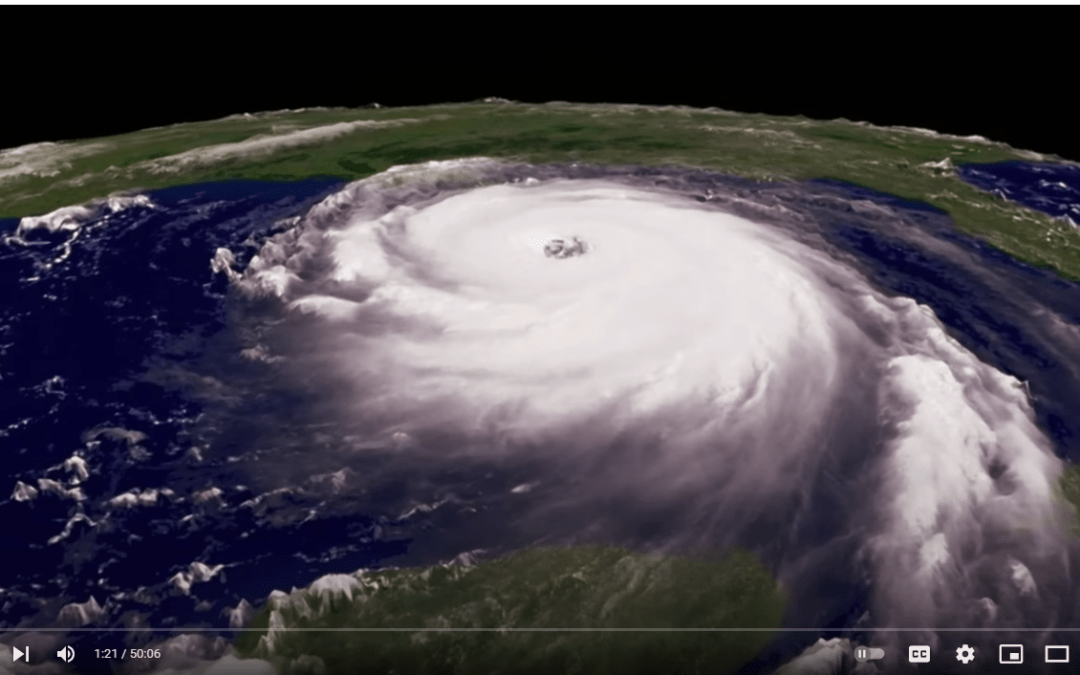
Helenes Devastation
Hurricane Helene's Devistation
Hurricane Category 4
FOX Weather
) .
For live updates, check the National Hurricane Center: NHC Helene Advisory.
Historic Hurricane Helene
President Biden issued federal disaster declarations for Florida, Georgia, Alabama, North Carolina, Tennessee, and Virginia. In response, the Biden administration has mobilized over 3,200 federal personnel to assist with the recovery efforts. FEMA Acting Response and Recovery Director Keith Turi emphasized the ongoing dangers, warning that many injuries and fatalities occur after the initial storm has passed. He urged residents to heed local officials’ warnings and proceed cautiously during recovery efforts.
In the affected areas, hundreds of water rescues have been conducted. One notable rescue took place at Unicoi County Hospital in Erwin, Tennessee, where over 50 people were airlifted from the hospital roof after being trapped by floodwaters. Helicopters have been essential for reaching stranded survivors in some regions. A major concern in the aftermath of the storm is the lack of access to clean drinking water, with many cities enforcing boil water advisories, which have been complicated by widespread power outages.
North Carolina has declared a public health emergency as it deals with severe flooding, with some regions receiving nearly 30 inches of rain. Governor Roy Cooper confirmed that emergency responders are doing everything they can to provide aid, but communication challenges and submerged roads are complicating efforts. Flooding was worsened by water overtopping the Lake Lure Dam, which prompted evacuations and over 25 swift water rescues. Governor Cooper described Helene as “one of the worst storms in modern history.”
Florida Governor Ron DeSantis also reported that Hurricane Helene caused more devastation than Hurricane Idalia, which hit the Big Bend region in 2023 as the strongest storm in over 125 years. Mandatory evacuations were enforced in 23 Florida counties, including Taylor County, where a 15-foot storm surge accompanied Helene’s landfall. Damage assessments remain incomplete due to persistent flooding.
The National Low Income Housing Coalition (NLIHC) and the Disaster Housing Recovery Coalition (DHRC) are closely monitoring the situation and are working to support low-income households and advocates. Through its Disaster Housing Recovery, Research, and Resilience (DHR) initiative, the NLIHC-led DHRC, composed of over 900 national, state, and local organizations, is committed to ensuring that federal disaster recovery efforts reach those most affected and marginalized by disasters, including low-income households and people experiencing homelessness.
